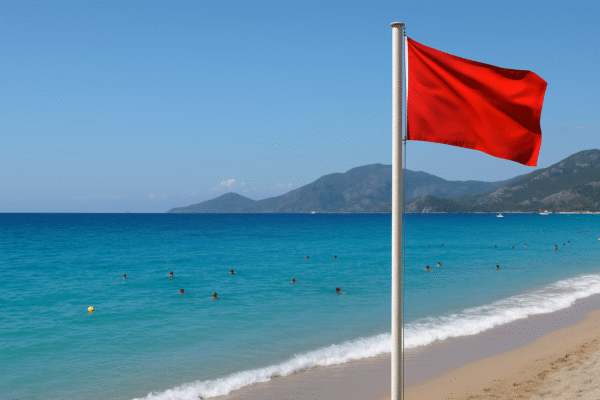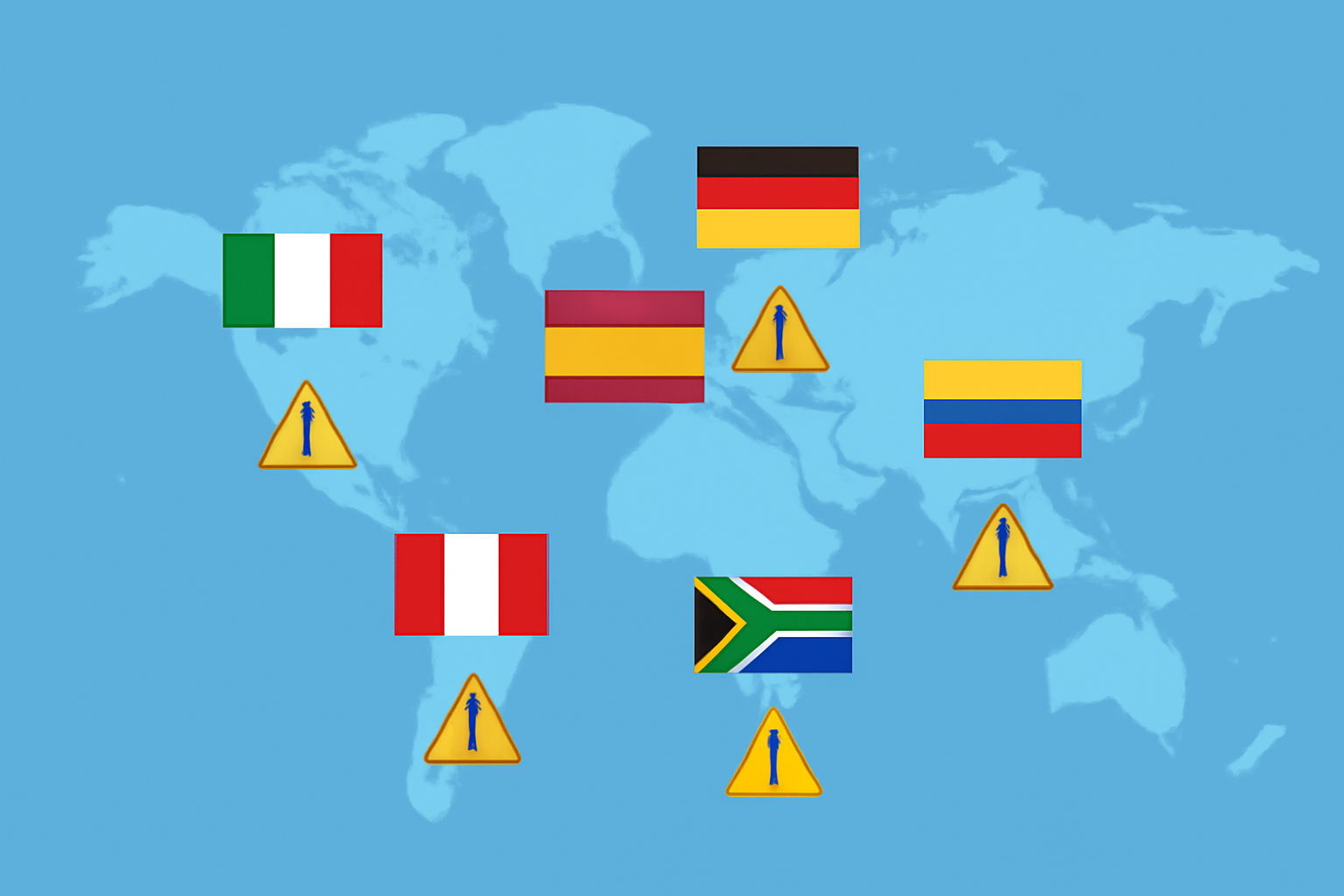Greece Issues Wildfire Warnings Amid Heatwaves: Tourists Urged to Stay Alert This Summer
ATHENS, GREECE – July 2025 – Greek authorities have issued urgent wildfire warnings as the country faces an increasingly volatile summer fire season. With high temperatures, parched vegetation, and strong winds driving multiple blazes across mainland Greece and popular islands such as Crete and Evia, tourists are being urged to stay informed, exercise caution, and prepare for potential disruptions to their travel plans.
The Hellenic Fire Service, in coordination with Civil Protection Greece, has mobilized emergency resources and launched public awareness campaigns to prevent further outbreaks and reduce risks to both residents and tourists. The alerts come amid a broader pattern of rising wildfire threats across Southern Europe, exacerbated by prolonged droughts and extreme weather conditions.
Crete, Evia, and Popular Islands on High Alert
In late June, wildfires broke out near Achlia in southern Crete, forcing emergency crews to deploy firefighting aircraft and ground teams to contain fast-moving flames. Smoke blanketed surrounding coastal areas, and several tourist accommodations were temporarily evacuated as a precaution.
Meanwhile, Evia, Greece’s second-largest island, has been placed on high wildfire alert following a spike in daytime temperatures surpassing 40°C (104°F). Similar alerts have been extended to Rhodes, the Peloponnese, and parts of Attica, including suburbs of Athens and nearby mountainous regions.
According to the Greek Meteorological Service (HNMS), unseasonal heatwaves are intensifying wildfire risk through August, particularly in dry zones popular among hikers and eco-tourists.
Early Heatwaves Spark Widespread Fire Activity
This summer marks one of the earliest starts to Greece’s fire season in recent history. The General Secretariat for Civil Protection has activated the 112 emergency SMS alert system in multiple regions, warning locals and travelers of active fire zones and necessary evacuation routes.
Wildfires have already forced temporary evacuations in several rural villages, particularly where high winds accelerated fire movement. Emergency responders are working around the clock with support from water-dropping helicopters and European Union emergency response teams under the EU Civil Protection Mechanism.
The Ministry of Climate Crisis and Civil Protection reported over 200 wildfire incidents in June alone, with more anticipated as July unfolds. Fire crews remain on standby in forested areas with high tourism footfall, including hiking trails and national parks.
Safety Advice for International Travelers
Foreign tourists planning to visit Greece this summer are strongly encouraged to take fire safety precautions seriously. The Greek government has issued the following recommendations:
- Register your mobile phone for real-time alerts via the EU-wide 112 emergency system.
- Avoid lighting fires in any outdoor area, including barbeques and campfires, particularly in rural or forested zones.
- Dispose of cigarette butts responsibly and refrain from leaving glass bottles or trash in dry vegetation areas.
- Follow local advisories and road closures issued by the Fire Brigade and Civil Protection authorities.
- In case of emergency, dial 112 or contact local police and tourism information centers.
Violations of Greece’s fire safety regulations can result in significant fines or criminal prosecution, even if fires are accidentally ignited.
How to Stay Updated While Traveling
Travelers should monitor official information sources such as:
- Civil Protection Greece (@112Greece) on social media platforms for real-time updates.
- The HNMS (www.emy.gr) for daily fire risk maps.
- VisitGreece.gr, the official tourism website, for destination-specific advisories.
- Local news outlets, such as ERT News and Kathimerini, for regional fire coverage and transportation updates.
Airlines and ferry services may adjust operations due to smoke or emergency restrictions. Always check with carriers for the latest status of travel routes, especially when visiting Crete, Evia, or inland areas near Athens and Thessaloniki.
Government Action and Community Response
Greek authorities have strengthened their preparedness through expanded aerial firefighting capabilities, inter-agency drills, and strategic fuel reduction programs in vulnerable areas. In 2025, the government allocated over €200 million in wildfire mitigation funding, including satellite-based fire detection systems and AI-enhanced response planning.
Local communities have also joined the response effort by creating voluntary fire watch groups and hosting educational workshops for tourists on how to avoid dangerous areas during extreme weather alerts.
Meanwhile, partnerships with the European Space Agency (ESA) and Copernicus Emergency Management Services are being utilized to track fire developments and provide data for rapid-response operations.
Wildfire Season Will Not Halt Greek Tourism—but Caution Is Key
Despite the risks, tourism in Greece remains robust, with millions expected to travel through Athens International Airport and ports such as Piraeus and Heraklion. However, travelers are advised to avoid complacency and ensure that their itineraries remain flexible.
“Greece is fully open for tourism, but wildfire awareness is vital,” said a spokesperson for the Greek National Tourism Organisation (GNTO). “We ask visitors to respect nature, follow the rules, and stay informed.”
Greece’s rich landscapes, from the Aegean beaches to ancient ruins, remain accessible and enchanting. Yet as climate pressures mount, every traveler plays a role in preserving these destinations for generations to come.
For more travel news like this, keep reading Global Travel Wire


















